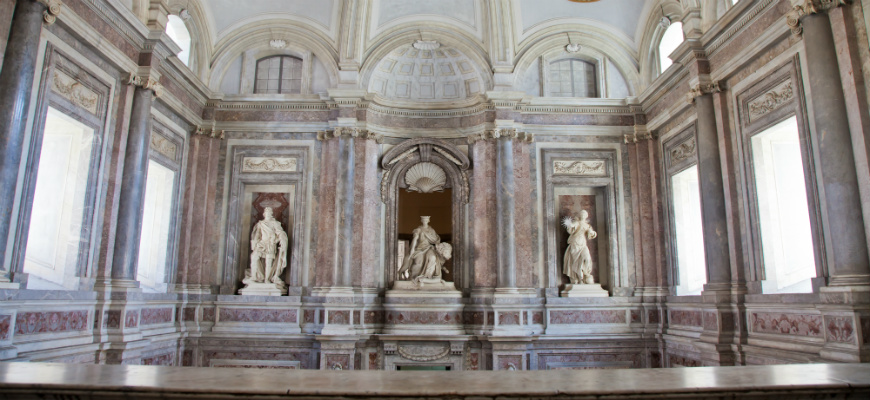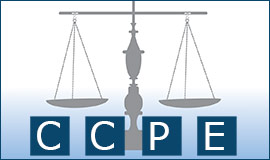First Pan-European Conference for Public Prosecutors specialising in cases relating to organised crime organised by the Council of Europe in co-operation with the National Antimafia Directorate and the 2nd University of Naples
Conclusions
The first Pan-European Conference for Public Prosecutors specialising in cases relating to organised crime met at Caserta (Italy) from 8 to 10 September 2000.
It was attended by Prosecutors from Albania, Andorra, Azerbaijan, Cyprus, Denmark, Estonia, Finland, France, Georgia, Germany, Hungary, Italy, Latvia, Liechtenstein, Lithuania, Luxembourg, Malta, Netherlands, Norway, Portugal, Romania, Russian Federation, Slovakia, Slovenia, Spain, Switzerland, “The Former Yugoslav Republic of Macedonia”.
It was organised by the Council of Europe in co-operation with the Italian National Antimafia Directorate and the Second University of Naples.
- The President of the Republic of Malta, Mr Guido De Marco, honoured the Conference with his presence and presented a keynote address on “Organised crime and Human Rights”.
- The Italian Minister of the Interior, Mr Enzo Bianco, and his colleague the Secretary of State for Justice, Mr Franco Corleone, also honoured the Conference with their presence.
- Mr Guy De Vel, Director General of Legal Affairs of the Council of Europe, presented an opening address.
- Mr Piero Luigi Vigna, Director of the National Antimafia Directorate, presented a report on “Transnational crime and judicial co-operation”.
- Mr Lajos Korona, Public Prosecutor, Hungary, presented a report on “The role of Public Prosecutors in the fight against money laundering”.
- Mr Enrico Fontana, Journalist, Director of Legambiente’s Environmental and Law Observatory, presented a report on “’Ecomafia’: environmental damage caused by organised crime”.
- Mrs Gisèle Vernimmen, for the European Commission, and Mr Hans Nilsson, for the Secretariat General of the Council of the European Union, presented the views and the work of their respective institutions in the fields covered by the Conference.
- Mr Giovanni Verde, Deputy Chairman of the Service Commission for the Judiciary of Italy, presented a consolidated report at the end of the Conference.




